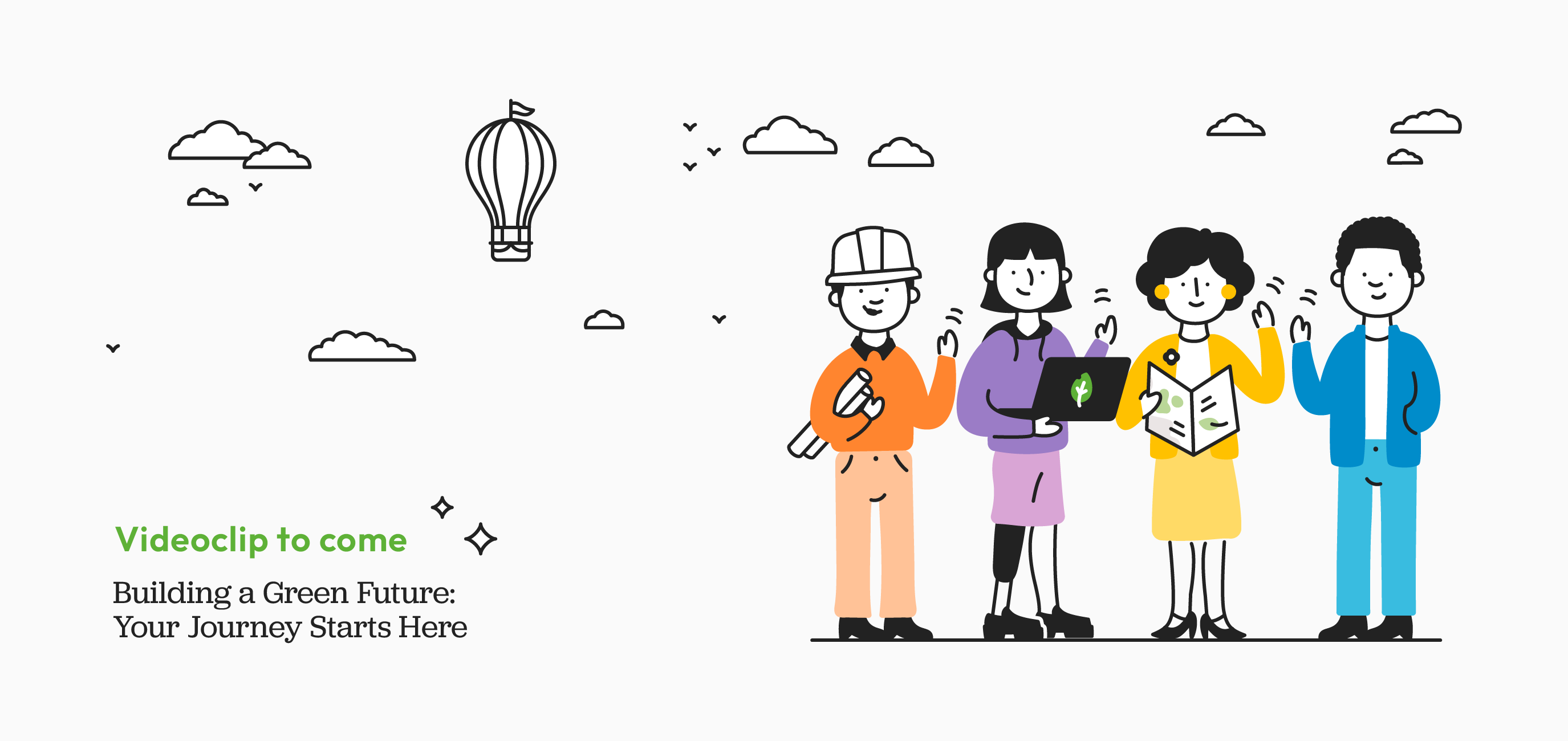At our heart, we see the commercial built environment as a canvas where everyone can shape the future of sustainability and play a vital role in creating low-carbon office spaces across Central London.
The built environment includes all human-made structures and spaces, such as residential, commercial, industrial buildings, infrastructure, public spaces, transportation networks, and utilities.
Over 26,000 extra construction workers are needed in Greater London by 2026.
The UK is anticipating that over 100,000 people will need to be recruited and upskilled to carry out the work required.
In London, buildings contribute 76% of greenhouse gas emissions. 95% of emissions over the next 30 years come from existing buildings.
By 2050, 10% of London’s jobs will be green, but the workforce is not growing fast enough to meet the demand for these roles.
Skyline Taskforce member and over 90% of industry respondents agree there is a major skills gap in green jobs for meeting net zero targets.
